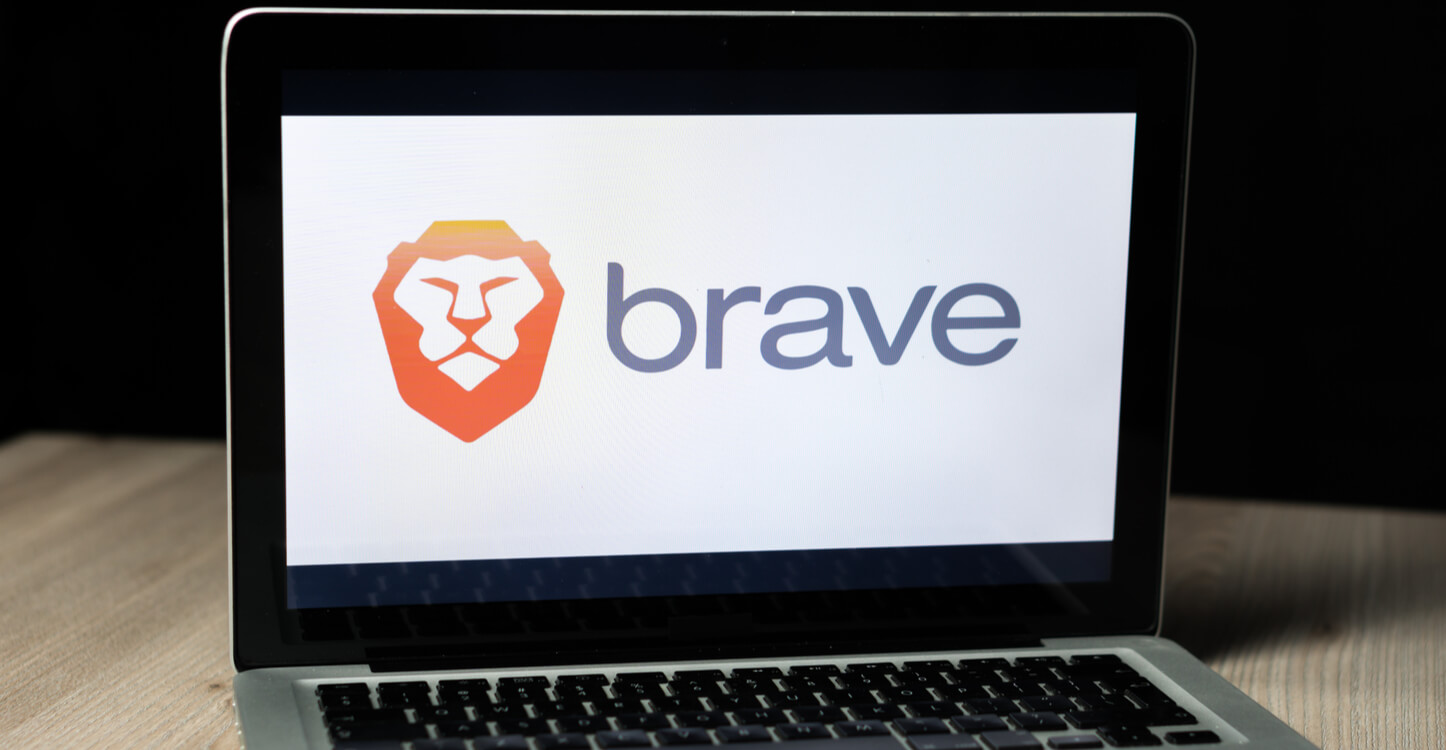
Brave’s acquisition of Tailcat’s open search engine will allow users to search the internet without their personal data or IP addresses being collected
Google Search currently enjoys a 92% market share, despite the fact that it tracks its users across websites. In fact, the vast majority of search engines today are built by big tech, or else rely on their results, so conducting a truly private search can be difficult – until now.
Privacy-focused browser Brave announced yesterday it would be launching the privacy-preserving Brave Search, which will be founded on Tailcat – a search engine that doesn’t collect IP addresses or personal information and is built on top of a completely independent index.
Head of the Tailcat project, Dr Josep M Pujol, commented, “The only way to counter Big Tech with its bad habit of collecting personal data is to develop a robust, independent, and privacy-preserving search engine that delivers the quality users have come to expect. People should not be forced to choose between privacy and quality.”
Brave’s privacy-focused approach has attracted more than 25 million monthly active users, representing impressive growth so far this year. A popular feature is the option to view privacy-respecting ads to earn the Basic Attention Token (BAT), which can be sold or used to tip creators online.
As well as being independent and transparent, Brave Search will offer users the choice between ad-free paid searches and ad-supported searches. The team will also be exploring e-commerce applications and blockchain-based options.
Brave Software CEO and Co-founder, Brendan Eich, added, “We expect to see even greater demand for Brave in 2021 as more and more users demand real privacy solutions to escape Big Tech’s invasive practices. Brave’s mission is to put the user first, and integrating privacy-preserving search into our platform is a necessary step to ensure that user privacy is not plundered to fuel the surveillance economy.”
Other recent milestones include the launch of a Firewall + VPN service and Brave Today – a privacy-preserving news reader integrated into the browser. A video conferencing service which preserves users’ privacy – Brave Together – is also in the testing phase.
The release last month of the BAT Roadmap 2.0 revealed some exciting plans for the future – particularly Brave’s goal to make crypto and decentralised finance (DeFi) more accessible. This will entail introducing the Brave Wallet, providing a decentralised exchange (DEX) aggregator and pursuing Brave’s mission to build a Decentralised Web.

